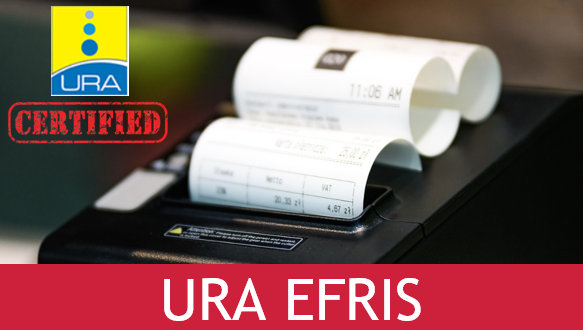
The Uganda Revenue Authority (URA) is widening the scope of its Electronic Fiscal Receipting and Invoicing Solution (EFRIS) to cover 12 additional industries which started in July 2025, in a bid to boost tax compliance and close revenue loopholes.
The directive, signed by Commissioner General John R. Musinguzi, will require businesses in the newly added sectors to issue authenticated electronic receipts and invoices through EFRIS or face heavy penalties, twice the tax amount due on any non-compliant transaction.
The expanded list includes wholesale and retail of fuel, mining, manufacturing, utilities, waste management, construction, transport, hospitality, ICT, real estate, professional services, and arts and entertainment.
First rolled out in 2021, EFRIS captures and transmits business transactions to URA in real time, a system the authority credits with improving VAT compliance and increasing revenue. However, it has faced criticism from some traders who cite high implementation costs and operational complexity.
Musinguzi said the expansion targets economic sectors with a history of under-declaration, adding that it will “enhance transparency, promote fair competition, and improve service delivery to compliant taxpayers.”